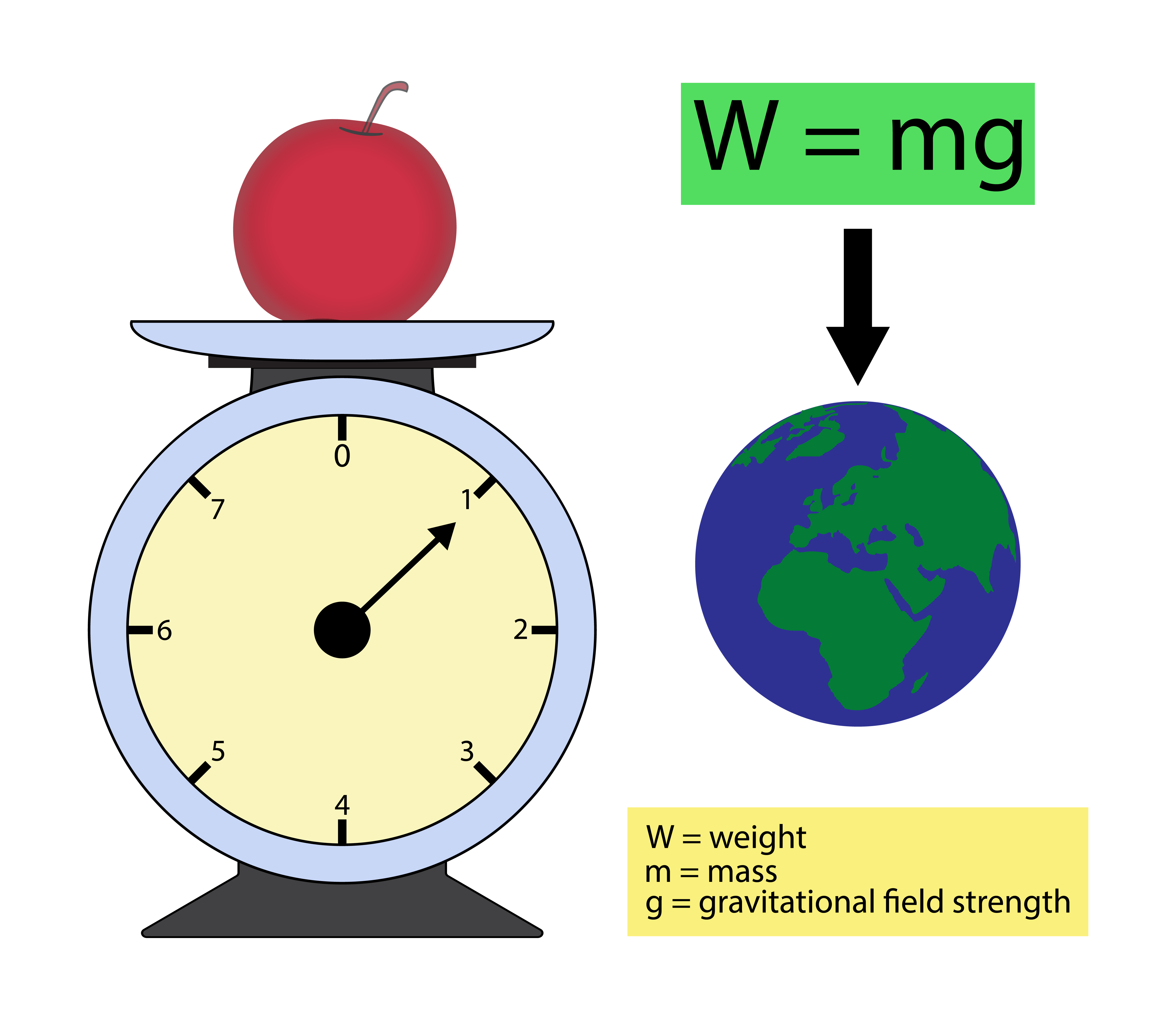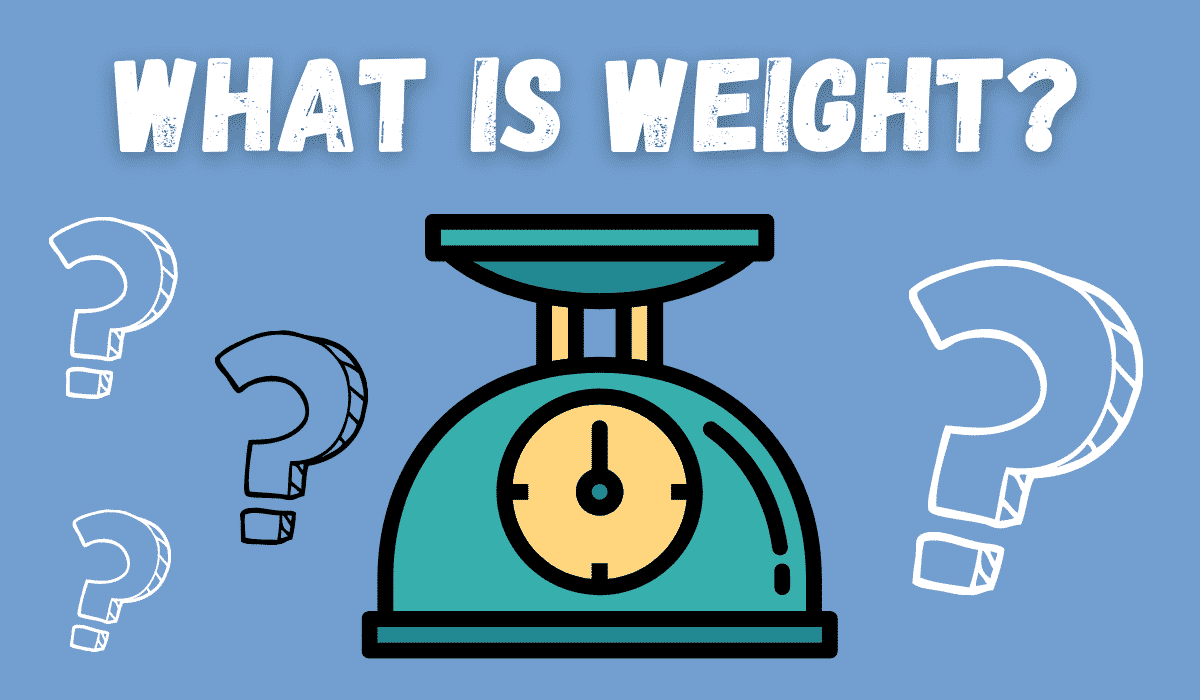Unlocking Life: The Incredible 100-Pound Weight Loss Transformation
Table of Contents
- The Journey of a Lifetime: Understanding the 100-Pound Weight Loss Challenge
- The Starting Point: A Glimpse into the "Before"
- The Pillars of Transformation: Strategy and Execution
- Overcoming Obstacles: Navigating the Bumps in the Road
- The Mental and Emotional Shift: Beyond the Scale
- The "After": Celebrating 100 Pounds Lost and a New Beginning
- Expert Insights and Safe Practices for Your Journey
- Your Transformation Journey: A Call to Action
Embarking on a journey to lose 100 pounds is not merely about shedding numbers on a scale; it's a profound transformation that reshapes every facet of your life. It's a testament to resilience, dedication, and the incredible capacity of the human spirit to overcome immense challenges. The stories of weight loss before and after 100 pounds are not just inspiring; they are blueprints for radical self-improvement, offering invaluable lessons for anyone looking to reclaim their health and vitality.
This isn't just about fitting into smaller clothes or looking different in the mirror. It's about a complete overhaul of habits, mindset, and lifestyle. It’s about gaining a new perspective on what your body is capable of, and understanding the deep connection between physical health and mental well-being. From the initial spark of desire to change, through the arduous process, and into the maintenance phase, every step of this journey offers profound insights into personal growth and sustainable health.
The Journey of a Lifetime: Understanding the 100-Pound Weight Loss Challenge
Losing a significant amount of weight, such as 100 pounds, is a monumental undertaking that requires unwavering commitment and a comprehensive strategy. It's not a sprint but a marathon, demanding patience, consistency, and a willingness to adapt. The challenge isn't just physical; it's deeply psychological, requiring individuals to confront old habits, emotional eating patterns, and often, years of ingrained behaviors.
When we talk about weight loss before and after 100 pounds, we're discussing a transformation that impacts everything from daily energy levels and mobility to chronic disease risk and mental health. It’s a journey that often begins with a critical moment of realization – a health scare, a frustrating daily limitation, or a deep desire for a better quality of life. This initial spark is crucial, but sustaining the momentum requires a robust framework of knowledge, support, and self-compassion. It's about understanding that this "transformation journey" is significant, and while it might feel like an "alpha version" with "bugs, placeholder content, and missing features" at the start, it is undeniably a "big step" towards a healthier future.
The Starting Point: A Glimpse into the "Before"
Every incredible "after" story has a "before." This initial phase is often characterized by various struggles, both visible and invisible. It might involve physical discomfort, limited mobility, low energy, and a pervasive sense of frustration or unhappiness. The "before" picture isn't just about physical appearance; it's about the internal state, the daily challenges, and the yearning for change.
Acknowledging the Need for Change
The decision to embark on a significant weight loss journey often stems from a moment of profound realization. For some, it's a health diagnosis like type 2 diabetes or high blood pressure. For others, it might be the inability to play with their children or simply tie their shoes without discomfort. It's a moment when the truth hits home: "yes, your weight matters!"
- Frannie And Matt Still Together
- Comedian Sebastian Maniscalco Wife
- Bia Duka
- House John Travolta
- Jadeteen Leaked
This acknowledgment is the first critical step. It requires introspection and honesty. Often, people are "oblivious to their weight changing" until it reaches a critical point, much like how characters in a simulation game might not react to gradual changes. Recognizing the problem is paramount, even if the path forward seems "still pretty rough" and full of unknowns. It's about accepting that the current trajectory is unsustainable and that a new direction is desperately needed.
Setting Realistic Goals for Significant Weight Loss
Once the decision is made, setting realistic and achievable goals is vital. A 100-pound weight loss goal can feel overwhelming if viewed as a single, massive target. Breaking it down into smaller, manageable milestones is key. For instance, aiming for 1-2 pounds of weight loss per week is a healthy and sustainable rate, meaning a 100-pound loss could take anywhere from one to two years. This long-term perspective helps manage expectations and prevent burnout.
Goals should be SMART: Specific, Measurable, Achievable, Relevant, and Time-bound. Instead of "lose weight," a better goal would be "lose 5 pounds in the next month by walking 30 minutes daily and tracking food intake." This incremental approach builds confidence and provides regular opportunities to celebrate progress, reinforcing positive behaviors along the way.
The Pillars of Transformation: Strategy and Execution
Achieving a 100-pound weight loss is built on two fundamental pillars: nutrition and physical activity. These aren't just temporary fixes but lifestyle changes that must be integrated into daily life for long-term success. The strategy needs to be personalized, sustainable, and enjoyable enough to maintain.
Nutritional Reboot: Fueling Your Body for Success
Diet plays the most significant role in weight loss. It's not about deprivation but about making smarter, more informed food choices. This typically involves a shift towards whole, unprocessed foods: lean proteins, abundant fruits and vegetables, healthy fats, and complex carbohydrates. Understanding portion control and calorie awareness becomes crucial, but the focus should be on nutrient density rather than just calorie restriction.
- Calorie Deficit: To lose weight, you need to consume fewer calories than you burn. A moderate deficit of 500-750 calories per day can lead to a healthy and sustainable weight loss of 1-1.5 pounds per week.
- Balanced Macronutrients: Ensuring adequate protein intake helps preserve muscle mass during weight loss and promotes satiety. Healthy fats are essential for hormone production and nutrient absorption, while complex carbs provide sustained energy.
- Hydration: Drinking plenty of water is often overlooked but critical for metabolism, satiety, and overall health.
- Mindful Eating: Paying attention to hunger and fullness cues, eating slowly, and avoiding distractions during meals can prevent overeating and improve digestion.
- Meal Planning and Preparation: This is a game-changer. Planning meals in advance and preparing healthy options can prevent impulsive, unhealthy choices, especially when faced with "a big deadline for a project at my day job and some personal things including being in the middle of moving to a new place." Life gets busy, and having healthy food ready is key.
Consulting with a registered dietitian or nutritionist can provide personalized guidance, helping to create a meal plan that suits individual needs, preferences, and health conditions, ensuring a safe and effective nutritional reboot.
Embracing Movement: Exercise as a Lifestyle
While diet is paramount for weight loss, exercise is crucial for overall health, body composition, and weight maintenance. It helps burn calories, build muscle, improve metabolism, and boost mood. The key is to find activities you enjoy, making it a sustainable part of your life rather than a chore.
- Cardiovascular Exercise: Activities like brisk walking, jogging, cycling, swimming, or dancing help burn calories and improve heart health. Aim for at least 150 minutes of moderate-intensity cardio per week, or 75 minutes of vigorous intensity.
- Strength Training: Building muscle mass is vital because muscle burns more calories at rest than fat. Incorporate strength training 2-3 times per week, targeting all major muscle groups. This can include bodyweight exercises, free weights, or resistance bands.
- Flexibility and Balance: Yoga, Pilates, and stretching improve flexibility, reduce injury risk, and enhance overall physical well-being.
- Incorporating Movement into Daily Life: Take the stairs, walk more, stand up frequently. Small bursts of activity add up over time. Even if you're working on "unclaimed projects" or busy with "game development," finding time for movement is essential.
The goal isn't necessarily to become an athlete overnight, but to "begin your transformation journey" by gradually increasing activity levels. Finding a routine that fits your schedule and preferences is far more effective than forcing yourself into something you dislike.
Overcoming Obstacles: Navigating the Bumps in the Road
The path to losing 100 pounds is rarely linear. There will be plateaus, setbacks, and moments of doubt. These obstacles are normal, and learning how to navigate them is a critical part of the journey. It's like an "alpha version" of a game; you "expect bugs, placeholder content, and missing features." The real skill lies in adapting and persisting.
- Plateaus: Weight loss often slows down or stops after an initial period. This is a natural physiological response as your body adapts. To overcome plateaus, re-evaluate your calorie intake, increase activity levels, or try new forms of exercise.
- Cravings and Emotional Eating: These are significant hurdles. Identifying triggers (stress, boredom, sadness) and developing coping mechanisms (journaling, exercise, calling a friend) are crucial. It's about "gaining perspective" on your relationship with food.
- Social Pressure: Friends and family, though well-meaning, can sometimes make it difficult to stick to your plan. Learning to politely decline unhealthy food offers or suggesting healthier activities is an important skill.
- Lack of Motivation: Long journeys can lead to fatigue. Revisit your "why," celebrate small victories, and seek support from a community or accountability partner. Remember, consistency beats intensity.
The ability to bounce back from setbacks is what truly defines success in a long-term weight loss journey. It's about learning from mistakes and continuing to move forward, even if it feels "pretty rough" at times.
The Mental and Emotional Shift: Beyond the Scale
While the physical changes are evident, the mental and emotional transformation during a 100-pound weight loss journey is equally, if not more, profound. This journey forces individuals to develop incredible mental fortitude, self-awareness, and resilience. It's about much more than just the numbers on the scale.
As weight comes off, many people report a significant improvement in mood, self-esteem, and body image. Anxiety and depression can lessen, and a new sense of confidence emerges. This transformation is not just about looking better, but feeling better from the inside out. It's about breaking free from the psychological burdens that excess weight often carries, like shame, self-consciousness, and a feeling of being trapped.
The journey also fosters a deeper understanding of self-care and self-love. It teaches discipline, patience, and the power of consistent effort. Many describe it as "gaining perspective" on their entire life, realizing that if they can conquer this massive challenge, they can tackle anything. The mental shift is about moving from a place of feeling controlled by food and weight to a place of empowerment and control over one's choices and future.
The "After": Celebrating 100 Pounds Lost and a New Beginning
Reaching the milestone of 100 pounds lost is an incredible achievement, a true "before and after" moment that deserves immense celebration. The "after" is not just about a different reflection in the mirror; it's about a new life. Mobility improves dramatically, energy levels soar, and many chronic health conditions often reverse or significantly improve. The physical transformation is undeniable: clothes fit differently, daily activities become easier, and the body feels lighter and more capable.
Beyond the physical, the "after" brings a profound sense of accomplishment and liberation. It opens doors to new experiences – hiking, running marathons, playing sports, or simply enjoying everyday life without the burden of excess weight. It's a testament to the power of perseverance and a renewed appreciation for health and vitality. This new state of being is a reward for all the hard work, dedication, and sacrifices made along the way.
Sustaining the Success: The Long-Term Commitment
Losing 100 pounds is a massive achievement, but maintaining that weight loss is the ultimate challenge. The "after" is not the end of the journey, but the beginning of a new phase: maintenance. This requires continued vigilance, consistent healthy habits, and an ongoing commitment to the lifestyle changes that led to the weight loss.
- Continued Healthy Eating: While calorie needs might increase slightly, the principles of healthy eating remain. Focus on whole foods, mindful eating, and portion control.
- Regular Physical Activity: Exercise remains crucial for weight maintenance, metabolism, and overall well-being. Continue to prioritize movement and find new ways to stay active and engaged.
- Monitoring: Regular weigh-ins (e.g., once a week) can help catch small weight fluctuations before they become significant. This allows for quick adjustments to diet or exercise.
- Mindset: Maintaining a positive mindset and continuing to prioritize self-care are essential. Understand that occasional slips are normal, but quickly getting back on track is key.
- Support System: Staying connected with a support group, friends, family, or a professional can provide encouragement and accountability during the maintenance phase.
The strategies for maintenance are largely the same as for weight loss, but with a slightly different focus. It's about making these healthy habits a permanent, ingrained part of your identity, ensuring that the incredible transformation achieved is preserved for a lifetime.
Expert Insights and Safe Practices for Your Journey
Given the significant nature of a 100-pound weight loss, it is paramount to approach this journey with safety and expert guidance. This is a YMYL (Your Money or Your Life) topic, meaning the information provided must be accurate, authoritative, and trustworthy. Self-experimentation without professional oversight can lead to health complications or unsustainable practices.
Before embarking on such a transformative journey, it is highly recommended to consult with healthcare professionals. This team might include:
- Your Primary Care Physician: To assess your overall health, identify any underlying conditions, and discuss a safe weight loss plan. They can also monitor your progress and adjust medications if necessary.
- Registered Dietitian (RD): For personalized nutrition plans, education on healthy eating, and guidance on managing dietary challenges.
- Certified Personal Trainer: To develop a safe and effective exercise regimen tailored to your fitness level and goals, especially important when starting with significant weight.
- Therapist or Counselor: If emotional eating or body image issues are significant concerns, mental health support can be invaluable.
These professionals provide the expertise, experience, and authority needed to ensure your journey is not only effective but also safe and sustainable. They can help you navigate the complexities, provide evidence-based strategies, and offer the necessary support to achieve your weight loss before and after 100 pounds goals responsibly.
Your Transformation Journey: A Call to Action
The journey of weight loss before and after 100 pounds is a powerful narrative of human potential. It's about more than just shedding weight; it's about gaining health, confidence, and a renewed zest for life. It requires courage to start, discipline to continue, and resilience to overcome inevitable setbacks. Every person's journey is unique, filled with personal challenges and triumphs, but the core principles of consistent effort, healthy choices, and unwavering commitment remain universal.
If you are considering a significant weight loss journey, remember that it's a marathon, not a sprint. Seek professional guidance, build a strong support system, and be kind to yourself along the way. Celebrate every small victory, learn from every challenge, and never lose sight of the incredible transformation that awaits you. Your health is your most valuable asset, and investing in it is the best decision you can ever make.
What are your thoughts on this incredible transformation? Have you or someone you know embarked on a similar journey? Share your experiences and insights in the comments below. Your story might be the inspiration someone else needs to "begin their transformation journey" today. For more detailed guides on nutrition and exercise, explore other articles on our site.
- Is James Brolin Still Alive
- Girlfriend Sexy
- John Cougar Mellencamp Age
- Seal And Heidi Klum Kids
- Georges Death On Greys Anatomy

Weight Measurement Units - Learn Definition, Facts and Examples

Weight

What is Weight? (All the Basic Definitions & Units Explained)